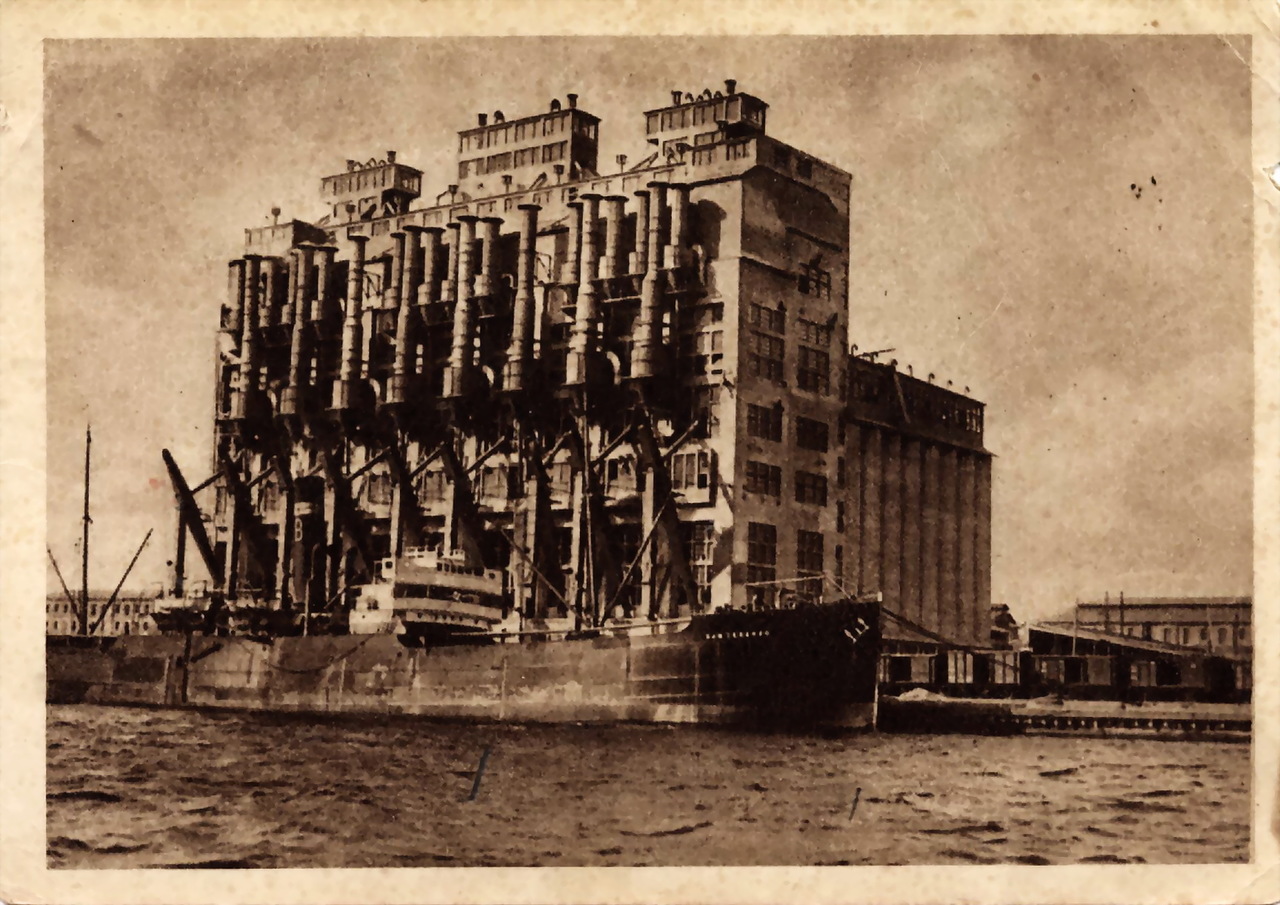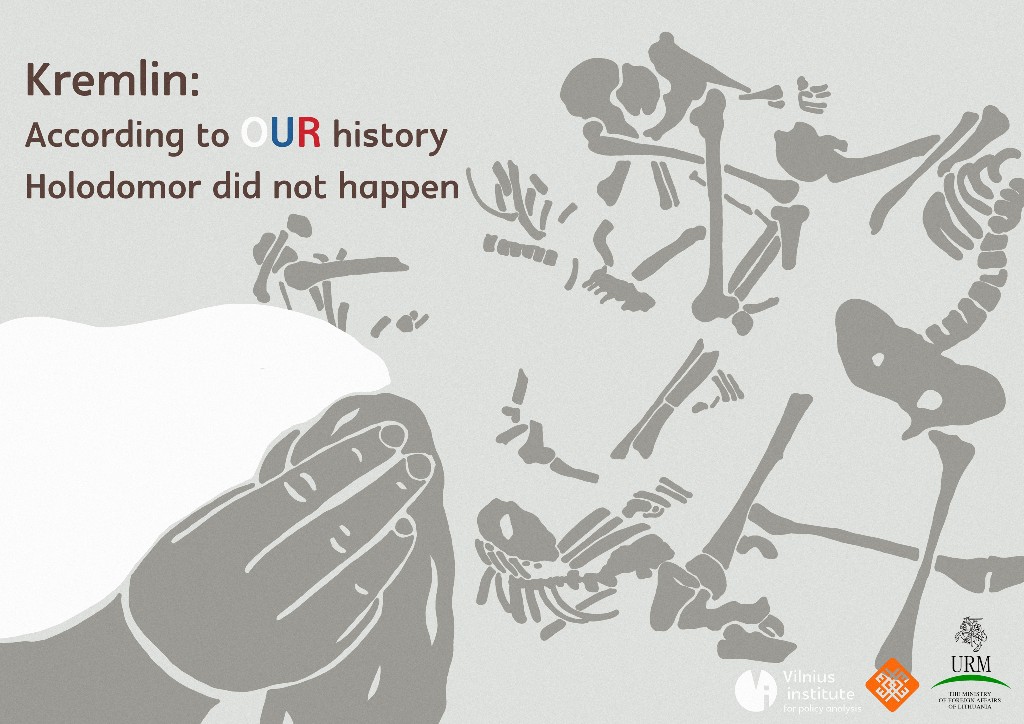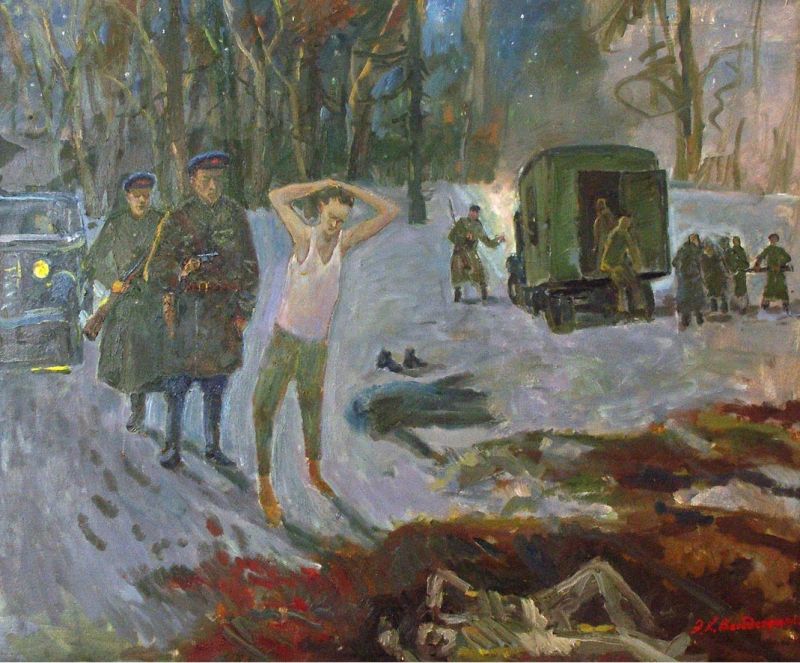On November 23, Ukrainians and their supporters across the world mark a day in memory of the Holodomor, Stalin’s terror famine against the peasantry in Ukraine, a crime which resulted in the deaths of more than four million people, most from starvation but many from the actions of Soviet force structures.
Since the nature of that crime began to be widely discussed in the 1980s, a debate has raged as to whether or not this action should be called a genocide. Some object to doing so because Stalin’s policies resulted in the deaths of millions of peasants in other republics, while others do because it helped the Soviet industrialization that contributed to the defeat of Hitler.
But with each passing year, evidence is mounting that Stalin’s actions in Ukraine, whatever other motives were behind them and whatever additional purposes they served, were an act of genocide, a crime against humanity for which there is and cannot be any statute of limitations.
Ihor Khsiv, a Ukrainian political analyst, tells Yarina Lazko of the Yenicag news agency, that Stalin didn’t launch the Holodomor overnight and just use the Red Army to block villagers from coming to the cities for food and thus escaping death. Instead, the Kremlin dictator had been planning the operation for “about three years.”
In the 1920s, he reminds, most units of the Red Army were recruited and served on a territorial basis; that is, the soldiers in them at least in Slavic regions mostly came from where they were serving. But in the early 1930s, Stalin began a mass shifting of such units out of their home republics to others often far away.
As a result, Ukrainian-dominated Red Army units were sent “into the depth of Russia, to Central Asia and beyond the Urals and units from those locations were shifted to Ukraine.” This was done, Khsiv says, so that “in Ukraine there practically did not remain any forces consisting of ethnic Ukrainians.”
That was done, the Kyiv analyst continues, because “Stalin understood perfectly well that a Ukrainian would not fight a Ukrainian” and that if Ukrainians rose against the regime during forced collectivization as they had in the 1920s, Moscow needed members of other ethnic groups to suppress them.
Red Army soldiers from Central Asia, the Caucasus or somewhere in Russia would be far more willing to obey orders and shoot Ukrainians who tried to escape from their villages to the cities. Consequently, Khsiv says, the Red Army units surrounding Ukrainian cities were a far more serious obstacle to salvation from starvation than would otherwise have been the case.
What this means in turn, although the Ukrainian scholar does not say so in so many words, is that the mass murder of the Ukrainian peasantry was based on ethnicity and conducted along ethnic lines even if Moscow carried out similar policies elsewhere. All were genocides, and the Holodomor was the biggest and most horrific of them all.
Read More:
- Austrian engineer captures the horror of the Holodomor in 1932-33
- Holodomor: Stalin’s punishment for 5,000 peasant revolts
- Holodomor, Genocide & Russia: the great Ukrainian challenge
- Plaque commemorating Austrian Cardinal who helped Ukrainians during the Holodomor unveiled in Vienna
- Ukrainians in Germany gathering 50,000 signatures for Holodomor to be recognized as genocide
- Was Holodomor a genocide? Examining the arguments
- ‘Stalin prepared the Holodomor the same way Hitler did the Holocaust,’ Hrynevych says
- “Let me take the wife too, when I reach the cemetery she will be dead.” Stories of Holodomor survivors





